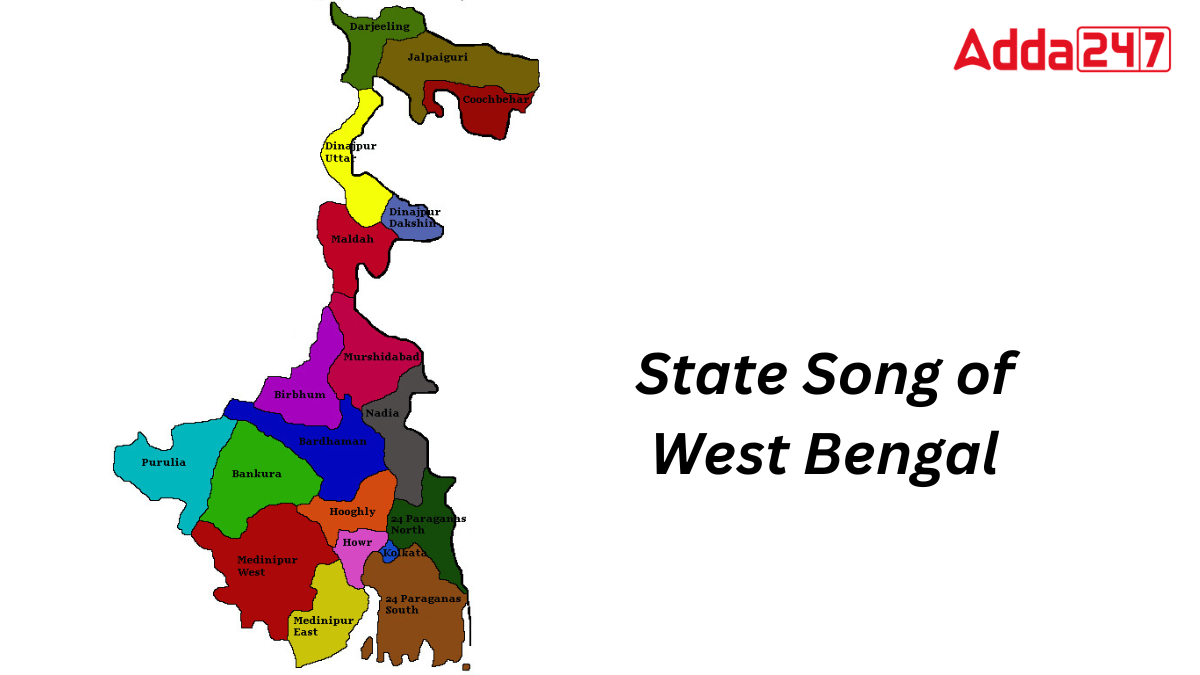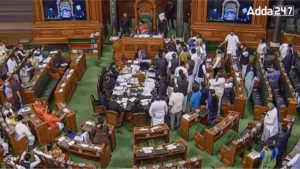West Bengal, a culturally rich state in eastern India, has a distinctive state song that holds significant importance for its people. Let’s explore the state song of West Bengal, its background, and its impact on the cultural identity of the state.
State Song of West Bengal
“Banglar Maṭi Banglar Jol“, meaning “Soil of Bengal, Water of Bengal,” is the official state anthem of West Bengal, India. Written and composed by the eminent Rabindranath Tagore, this Bengali patriotic song has deep historical and cultural significance.
Lyrics and Music of State Song of West Bengal
Rabindranath Tagore wrote the lyrics and composed the music for “Banglar Maṭi Banglar Jol” in 1905. The song is a tribute to the land and people of Bengal, embodying a spirit of unity and resistance. The notation of the song was provided by Indira Debi Chowdhurani, a notable figure in Tagore’s circle.
Historical Significance of West Bengal
The song emerged during the Bangabhanga Rodh Movement, which was a protest against the British government’s decision to partition Bengal in 1905. Tagore’s composition was part of a larger effort to foster solidarity among Bengalis and to counter the divisive effects of the partition. On October 16, 1905, Tagore launched the “Raksha Bandhan Utsav,” a celebration aimed at uniting Hindus and Muslims in Bengal, with “Banglar Maṭi Banglar Jol” serving as a central anthem of the movement.
Official Adoption of “Banglar Maṭi Banglar Jol” as the State Song of West Bengal
On September 7, 2023, “Banglar Maṭi Banglar Jol” was officially adopted as the state anthem of West Bengal by the West Bengal Legislative Assembly. This formal recognition underscores the song’s enduring importance and its role in representing the cultural and historical identity of the state.
Significance of State Song of West Bengal
The anthem reflects the cultural pride and historical consciousness of West Bengal. Its adoption as the state anthem reaffirms the state’s commitment to preserving and honoring its rich heritage, as well as the enduring legacy of Rabindranath Tagore.




 Where is Keoladeo National Park Located?
Where is Keoladeo National Park Located?
 Who Presides over the Lok Sabha Meetings...
Who Presides over the Lok Sabha Meetings...
 Top-5 Plum Producing States of India, Kn...
Top-5 Plum Producing States of India, Kn...


